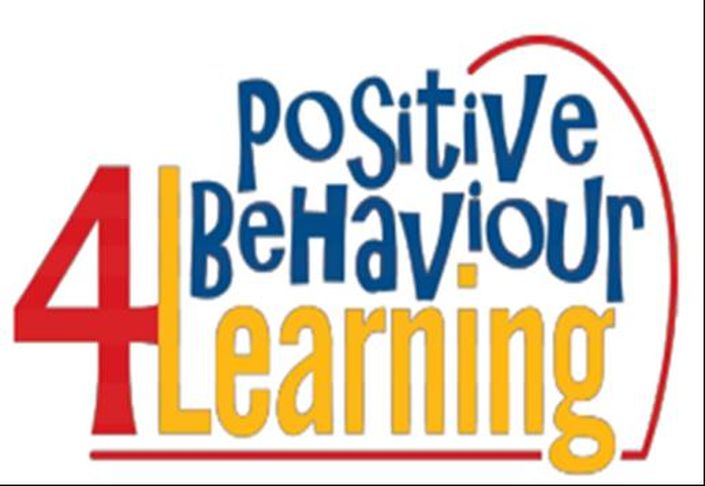
Positive Behaviour for Learning (L1)

CONTRIBUTORS

Testimonies
I have always been an advocate of encouraging positive relationships with students, both inside and outside the classroom. This project has enabled me to reflect on my own practice and reassess my priorities when teaching. For example, I have moved from just having expectations and setting rules, towards building and forming agreements with every class. This in turn has increased rapport and student ownership of their behaviour. In addition, I'm now even more conscious about my use of verbal and non-verbal communication. As a result, minor issues are less frequent and positivity is prevalent in all interactions with and between students.
Eoghan Kerr, Teacher of Maths
Omar Murtaza, PD Coordinator / Teacher of Business and Economics
I certainly became a lot more conscious of my verbal and non-verbal communication. For example, I started to use more clear and purposeful gestures, I was able to adjust my body language to direct the group with less effort. I also became aware of how to play with the volume and tone of my voice, in order to create more urgency and attention from a long distance. Another big impact has been the continual use of the 'Thumbs Up'" to thank and acknowledge all students, it's amazing how such small changes can have such a positive impact on relationships and learning.
Alan Foster, Head of House / Teacher of PE
Your Instructor

Course Curriculum
-
StartAgreements (3:13)
-
StartCharacters in a Classroom and Professional Support (5:28)
-
StartRewards and Consequences (2:13)
-
StartSEND - Top Tips (3:12)
-
StartCreating Successful Seating Plans (3:50)
-
StartGetting To Know Your Students (0:52)
-
StartOutdoor Learning and Sporting Extra Curricular Activities (2:59)
-
StartTeaching Using Electronic Devices (3:20)
-
StartEstablishing./Nurturing Good Relationships Whilst On Duty (1:06)
-
Start'Proactive' and 'Reactive' PBL Techniques (7:02)
-
StartYour Wellbeing (3:19)
-
StartTerminology Of Behaviour Influencing Techniques
